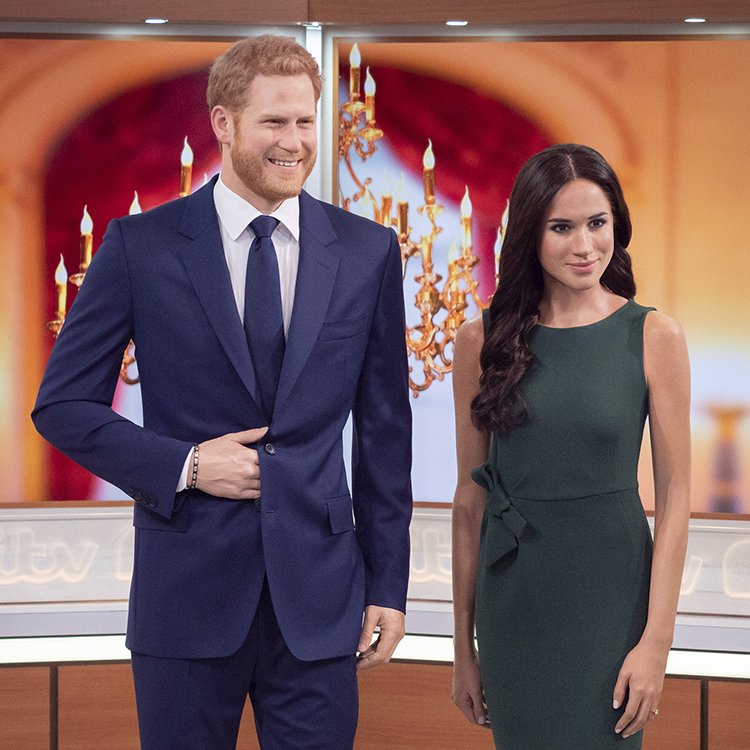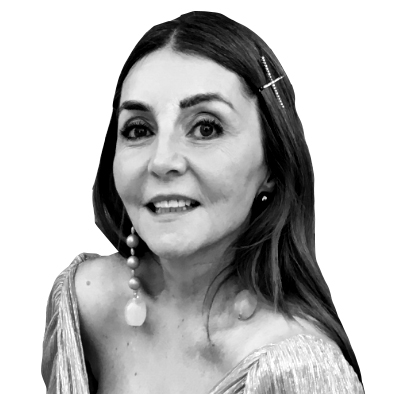The night before Prince Harry boarded a plane to join his wife and child in Canadian exile, he chose to spend his last hours in the company of relative strangers at a fundraising dinner for his charity, Sentebale, which supports young people affected by H.I.V. in Lesotho and Botswana. It was a devastating conclusion to a story about a lost and troubled young man who has been one of the most famous people in the world since the age of 12, when he walked down the Mall behind his mother’s coffin.
“His words were so intense and personal,” says an attendee of the prince’s speech on that night. “It was like a bomb went off the second he started speaking. He explained the position he had been put in and how he had tried to do the best for his family.” The guest, who knows Harry socially, spoke with him briefly afterward. “I congratulated him on being so brave. He hugged me and said, ‘I’m leaving tomorrow and I’m so glad to be getting away.’ It was very sad, but very impressive at the same time.”


